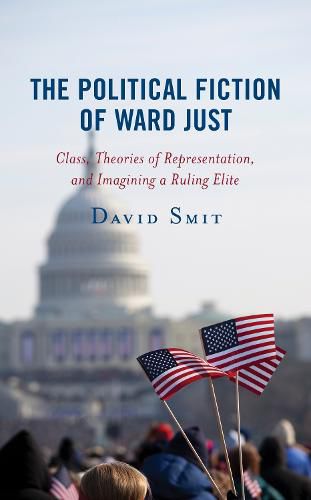Readings Newsletter
Become a Readings Member to make your shopping experience even easier.
Sign in or sign up for free!
You’re not far away from qualifying for FREE standard shipping within Australia
You’ve qualified for FREE standard shipping within Australia
The cart is loading…






The Political Fiction of Ward Just: Imagining a Ruling Elite, Class, and Theories of Representation uses three theoretical frameworks of representation-literary, political, and diplomatic-to demonstrate how the upper-class status of the ruling elites in Ward Just’s political fiction influences the way they govern. He illustrates how Just’s ruling elites develop a coherent upper class form of consciousness that limits their ability as elected officials to adequately represent the interests of all the nation’s citizens domestically-especially the poor and working class-and their ability as diplomats to adequately represent the interests of the nation as a whole internationally. In his conclusion, the author offers suggestions for ways to make our ruling elites more representative of the interests of the working class and underprivileged groups at home and more sensitive to the cultures of the countries in which they serve abroad.
$9.00 standard shipping within Australia
FREE standard shipping within Australia for orders over $100.00
Express & International shipping calculated at checkout
The Political Fiction of Ward Just: Imagining a Ruling Elite, Class, and Theories of Representation uses three theoretical frameworks of representation-literary, political, and diplomatic-to demonstrate how the upper-class status of the ruling elites in Ward Just’s political fiction influences the way they govern. He illustrates how Just’s ruling elites develop a coherent upper class form of consciousness that limits their ability as elected officials to adequately represent the interests of all the nation’s citizens domestically-especially the poor and working class-and their ability as diplomats to adequately represent the interests of the nation as a whole internationally. In his conclusion, the author offers suggestions for ways to make our ruling elites more representative of the interests of the working class and underprivileged groups at home and more sensitive to the cultures of the countries in which they serve abroad.